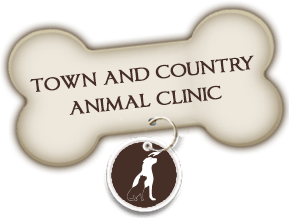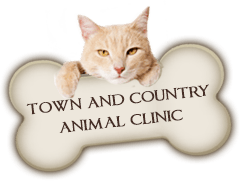
The Cost of a Dental Cleaning for Dogs and Cats
We have previously discussed the different stages of Dental Disease, how it occurs, how it affects your pet and their overall health and also how to prevent it. Below are those previous blogs if you would like to refresh your memory. Dental Disease in Dogs and Cats: https://www.townandcountryanimalclinic.ca/2012/11/15/dental-disease-in-dogs-and-cats/ How To Give Your Pet A Celebrity White Smile: https://www.townandcountryanimalclinic.ca/2012/11/20/how-to-give-your-pet-a-celebrity-white-smile/ Usually when your pet has tartar accumulation, brushing their teeth or using oral chews are not enough … Read More





